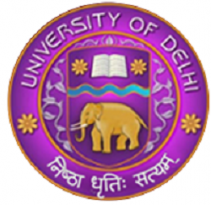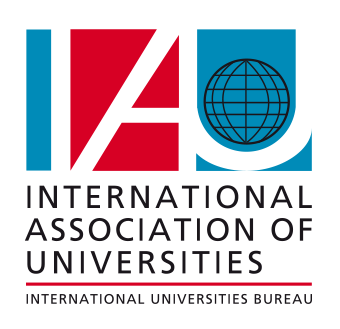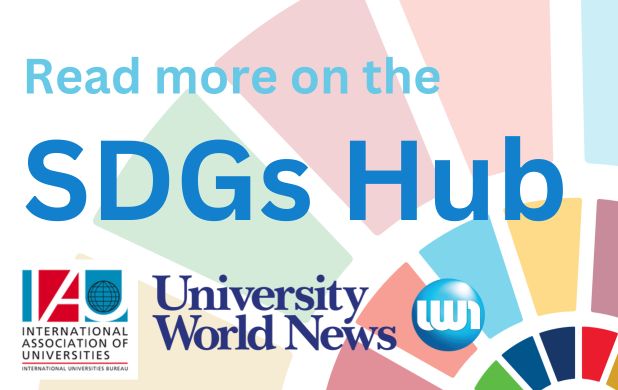University of Delhi
Benito Juarez Marg, South Campus, South Moti Bagh, New Delhi, Delhi 110021, India
The IAU WHED ID Is a global unique identifier. Learn more here on the IAU World Higher Education Database.

About
Delhi University (DU), formally the University of Delhi, is a public central university founded in 1922 located in Delhi, India. Consisting of three colleges, two faculties, and 750 students at its founding, the University of Delhi has since become India's largest institution of higher learning and among the largest in the world. The university has 16 faculties and 86 departments distributed across its North and South campuses, and remaining colleges across the region. It has 91 constituent colleges. Over the many years of its existence, the University has sustained the highest global standards and best practices in higher education. Its long-term commitment to nation building and unflinching adherence to universal human values are reflected in its motto: 'Nishtha Dhriti Satyam' 'निष्ठा धृति सत्यम्' (Dedication, Steadfastness and Truth).
Sustainability at DU
The University of Delhi integrates sustainability across its teaching, research, campus culture, and community outreach, aligning its initiatives with the United Nations Sustainable Development Goals (SDGs). Its academic programs emphasize environmental awareness, ethical leadership, and social responsibility, while dedicated research centers explore areas such as green energy, climate change, and biodiversity conservation. On campus, the university promotes energy efficiency, waste reduction, water conservation, and green landscaping, complemented by active student engagement through sustainability-focused clubs and projects. Through community partnerships and institutional planning, the University of Delhi demonstrates its commitment to fostering environmentally conscious citizens and advancing sustainable development at local, national, and global levels.
More Information
Find more details on sustainabilit at DU below:
1) Cluster Innovation Centre: presents its students with an interdisciplinary study system that involves hands-on projects and connects research with application in society. CIC is supported by the National Innovation Council and aided by Union Human Resource Development Ministry.
2) D.S. Kothari Centre for Science, Ethics and Education: aiming raise the standard of living of the people. It is based on science and technology, and education that determines the level of prosperity, welfare and security of the people
3) Developing Countries Research Centre: aiming to address political and intellectual issues that emerge from the study of the post-colonial world and integrate these insights into teaching at the undergraduate, postgraduate and research levels.
4) The Women's Study Development Centre: the focal point for women's and gender studies in the university. The activities of WSDC place women and gender at the centre of its inquiry focusing mostly on multidisciplinary perspectives of class, caste, race, ethnicity, sexuality, religion, and age. It also addresses other socio-political issues concerning women.


